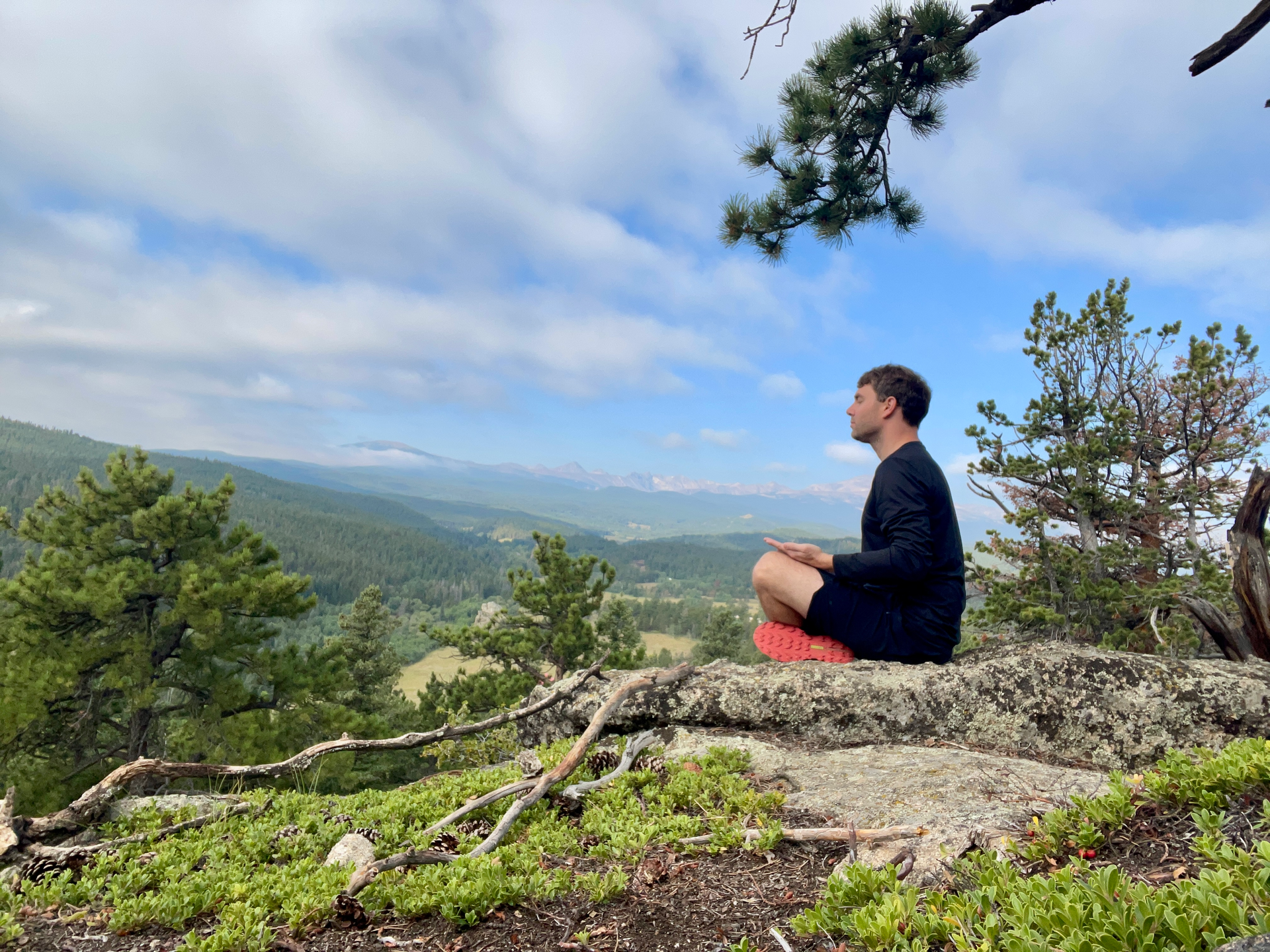(I accept clients who have Medi-Cal Insurance and Out-of-Network Insurance, and I provide in-person and telehealth therapy! I am currently away during the month of March 2025, and I will return to the office on the first week of April!)
Articles in Mission Valley, CA
A Piece on Mindfulness and Meditation

The Importance of Integrating Mindfulness and Meditation into Our Daily Lives
In today's fast-paced world, the demands of work, family, and personal commitments can often leave us feeling overwhelmed and disconnected. The constant barrage of notifications and deadlines creates a persistent sense of urgency that can erode our well-being. This is where mindfulness and meditation come into play. Integrating these practices into our daily lives can profoundly impact our mental, emotional, and physical health.
What is Mindfulness and Meditation?
Mindfulness is a mental practice deeply rooted in ancient contemplative traditions, though it has gained widespread recognition and application in modern psychology and personal development. At its essence, mindfulness is the practice of maintaining a moment-by-moment awareness of our thoughts, feelings, bodily sensations, and the surrounding environment. This practice emphasizes being fully present in each moment with an open and accepting attitude.
The practice of mindfulness involves directing our attention to the present moment and observing it without judgment. It encourages a focus on what is happening right now, whether it’s the rhythm of your breath, the taste of your food, or the sounds in your environment. This act of focusing on the present helps individua ls disengage from the constant stream of thoughts and worries about the past or future that often dominate our mental landscape.

Non-judgmental and Acceptance Techniques
Central to mindfulness is the concept of non-judgmental observation. Instead of labeling experiences as good or bad, mindfulness encourages an approach of observing without criticism. This non-judgmental stance fosters a more compassionate and accepting relationship with our inner experiences. By acknowledging thoughts and feelings as they arise without attaching value judgments to them, we can develop a more balanced and less reactive state of mind.
Acceptance is another core component of mindfulness. It involves acknowledging and embracing whatever arises in our consciousness, even if it’s uncomfortable or distressing. This acceptance does not mean passivity or resignation but rather a willingness to experience emotions and thoughts as they are, without attempting to change them. This approach can reduce internal conflict and alleviate stress by allowing us to confront and process difficult emotions more effectively.

Practicing Formally and Informally
Mindfulness can be practiced formally and informally. Formal practices typically involve dedicated sessions where individuals engage in mindfulness meditation. During these sessions, one might focus on the breath, perform a body scan to bring awareness to different areas of the body, or practice mindful listening. Regular engagement in such practices helps in cultivating a deeper and more sustained awareness.
Informally, mindfulness can be integrated into everyday activities. This might involve bringing a mindful awareness to routine tasks such as eating, walking, or conversing with others. The goal is to engage fully with the present moment during these activities, enhancing the overall quality of experience and reducing automatic, habitual responses.
In summary, mindfulness is the art of being present and fully engaged with the moment, while meditation is a structured practice that often helps cultivate and enhance mindfulness. Both practices contribute significantly to mental, emotional, and physical well-being, offering tools to manage stress, improve emotional resilience, and foster a more connected and fulfilling life.

Benefits to Mindfulness and Meditation
• Helps us to slow down our mind and body so we can be more present with ourselves and others
• Helps us to respond to life in a more positive way, instead of reacting in a negative way
• Teaches us to become more self-aware about our thoughts and emotions
• Increases our focus and attention and can help us to be more productive on a daily basis
• We learn how to do breath work which helps us to be more present with our body each day
• We start accepting ourselves and liking ourselves a little more, instead of running away from ourselves
• We begin to practice gratitude more, which helps us to appreciate life in a deeper way
• Reduces stress, anxiety and depression symptoms
• We start to connect to nature and the natural world, and appreciate it in a more meaningful way
• We realize how important time is and start to appreciate how little we have of it

The Gift of Mindfulness
In conclusion, mindfulness is more than just a trend—it's a transformative practice that can profoundly impact our daily lives. By embracing mindfulness, we cultivate a deeper awareness of our thoughts, emotions, and surroundings, leading to enhanced emotional resilience, improved focus, and a greater sense of well-being. Whether through meditation, mindful breathing, or simply being present in each moment, integrating mindfulness into your routine can offer valuable benefits for both mental and physical health. As we navigate the complexities of modern life, taking a moment to pause, reflect, and center ourselves can provide clarity and calm amidst the chaos. Start small, be patient with yourself, and remember that every mindful moment is a step towards a more balanced and fulfilling life.
Book a Free Consultation Today
I invite you to schedule a free consultation with me, where we can talk about how therapy might help you on your journey.
There’s no pressure, just an opportunity for us to connect and see how I can support you in moving forward.
Let’s take the first step together. Click below to book your free consultation, and we’ll find a time that works for you.

Book a Free Consultation!
Let’s connect! This is an easy way for us to spend time getting to know one another before we make any decisions about your treatment.
Site Map
As a practice who also offers virtual therapy, I service people all across California. Feel free to check out the Location pages above.
All Rights Reserved | Aaron Skobel Therapy| Privacy Policy



